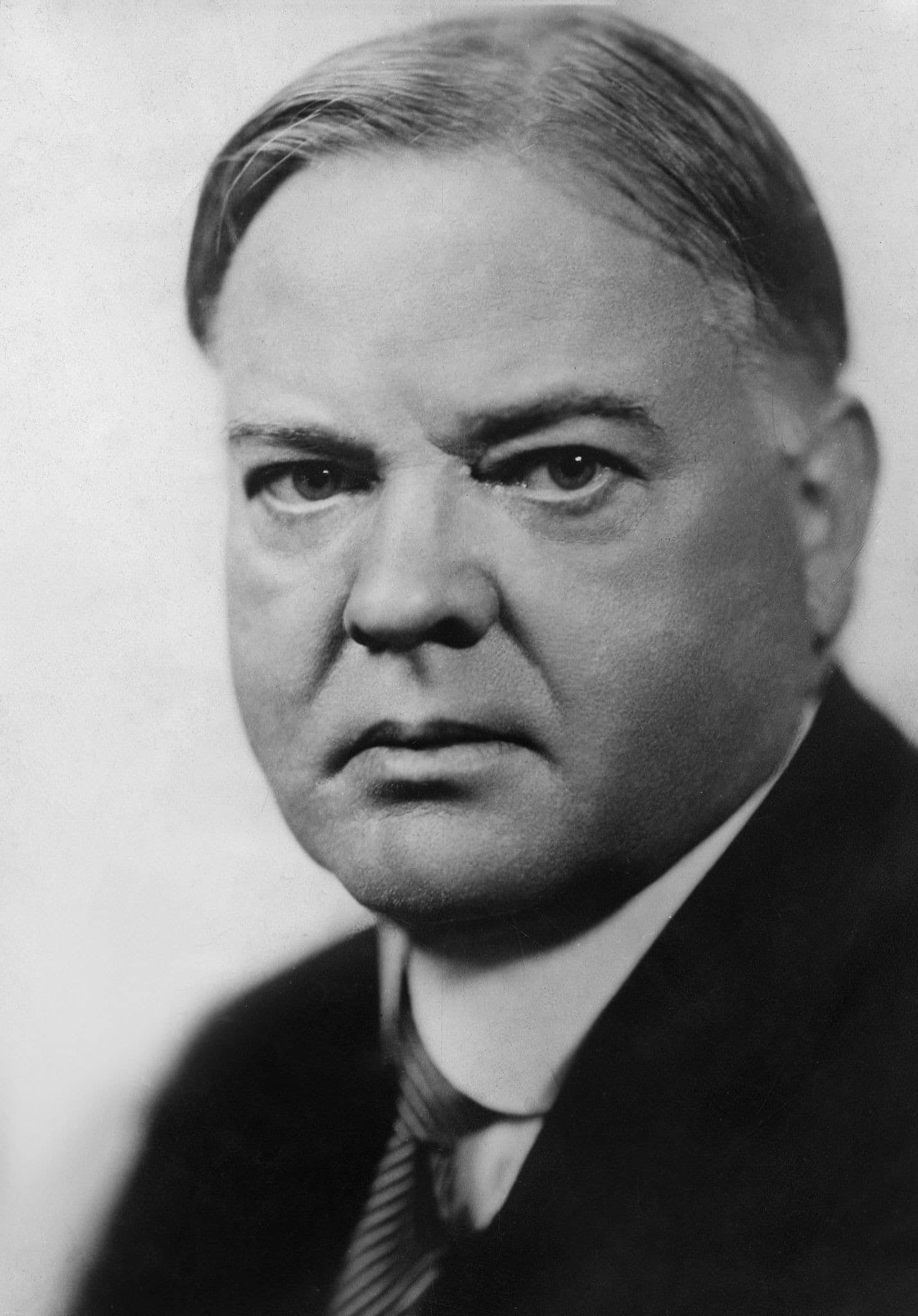Trump fibbed when he signed his first executive order in January, the one that promised never to repeat the Biden-era barriers to free speech. Everyone knows this by now. FIRE (the Foundation for Individual Rights and Expression) summed it up well, yet only scratched the surface: “We cannot be a country where late night talk show hosts serve at the pleasure of the president.”
The Maestro dislikes being criticized, and he regularly displays his willingness to use government power to get revenge. We see this with his string of lawsuits against newspapers and networks for being “unfair” and defamatory (Trump apparently hasn’t been informed that in 1964 the Supreme Court, in New York Times v. Sullivan, raised the defamation bar for public figures extremely high). It’s also clear in his expressed interest in yanking licenses from broadcasters. There is little need to rehearse FCC Chairman Brendan Carr’s Don Corleone impression aimed at ABC and affiliates over late-night host Jimmy Kimmel. Carr offended even Sen. Ted Cruz, who’s on the red team. Trump has other television talk shows in his sights.
More broadly, Attorney General Pam Bondi, ignorant of the First Amendment and its underlying philosophy, distinguished protected free speech from presumably unprotected “hate speech.” The non-rookie made an embarrassing rookie error (U.S. law makes no such distinction), and Trump applauded. She later said (after having it explained to her?) that she meant speech that incites violence. Conservatives ought to tread lightly here. Some Americans think it’s hateful and inciteful to say (correctly) that for human beings, sex is binary and unchangeable or that people should be judged according to their talent and not their skin tone, ethnicity, or gonads. Red and blue hypocrisy has been thick throughout this whole controversy. The blue team cheered when Biden violated freedom of speech over social media during the pandemic. Now it’s red’s turn. Who supports cancel culture now?
Re Kimmel, the pro-Trump narrative is that the preemption by ABC and its affiliates (since partly reversed) was a business response not to government threats, but to upset viewers. Unlikely. Nevertheless, Trump and Carr muddied the waters with the threats. Had they kept quiet, we might have been able to see how bottom-up the preemptions were.
But even then, we couldn’t be sure because the government holds life-and-death licensing power over traditional broadcasters, who surely did not need reminding. (Trump has renewed his threats against ABC, which owns some stations, and its affiliates that reinstated Kimmel’s show.) Broadcasters are not free in the land of the free to thumb their noses at the FCC or at a president who expects the FCC to do its bidding. Furthermore, the FCC and other regulatory agencies have the power to cast thumbs up or down for company mergers and acquisitions, which means businesses that displease the administration could have their plans destroyed by frowning bureaucrats. That’s not capitalism, i.e., free private enterprise.
Traditional television and radio stations are privately owned companies, but they do not own the frequencies over which they broadcast. In contrast, factories and stores sit on private land. We would not regard an economy as capitalist if the government owned all the land and licensed it to businesses in return for promises to serve the public interest as defined by government officials.
But that is precisely how it works with broadcasters. The airwaves are not treated like private resources that were homesteaded by pioneering entrepreneurs who grasped the potential of radio and television. That could have been the case except that one man, about a century ago, kept it from being so: Herbert Hoover, the Republican secretary of commerce before he was elected president in 1928. Hoover gave us the regime under which the government “permits” companies to use “the public’s airwaves” in return for the promise to serve the public. Of course, a government commission decides what’s in the public interest. Mere consumers acting in the market can’t be trusted with such a grave mission. (A former FCC chairman once said that the public interest is not necessarily what interests the public.) The public-ownership theory was always inane. How could the collective that didn’t even know the airwaves existed have an equal ownership claim to individuals who saw the potential and did something about it?
That Hoover nationalized the broadcasters’ key means of production should be a tip-off that he was not the crusty laissez-faire president the teachers make him out to be. Far from it. He was a “progressive” statist who derailed the common-law, private-property evolution of the airwaves that was underway in the 1920s with court recognition. (On Hoover’s “progressive” presidential conduct after the stock market crashed in 1929, see Murray Rothbard’s America’s Great Depression.)
Here’s a question: how does government licensing power square with the First Amendment, which guarantees that “Congress shall make no law … abridging the freedom of speech, or of the press”? The circle cannot be squared.
A great myth of American history is that nationalizing the airwaves was the only answer to the chaos that was said to be occurring at the dawn of radio. That’s false. Economist and historian Thomas W. Hazlett, a long-standing authority on this matter, debunked that myth most recently in “Abolish the FCC,” published by Reason last year.
In 1927, mass-market electronic communications had already arisen under the common law rule of “first come, first served” and did not need federal micromanagement. What the new Federal Radio Commission later deemed “five years of orderly development” (1921–26) was disrupted by strategic regulatory dancing that preempted enforcement of such property rights. Sen. Clarence Dill (D–Wash.), author of the 1927 Radio Act, explained that the purpose “from the beginning … was to prevent private ownership of wave lengths or vested rights of any kind in the use of radio transmitting apparatus.” [Emphasis added.]
Predictably, the regulatory apparatus did not serve any authentic public interest; that was a fig leaf. Instead, the bureaucrats, among other insults, impeded new technologies as a favor to incumbent interests, to the detriment of consumers and upstart, innovative producers. Hazlett writes:
FM radio, invented in the 1930s, was stymied for decades; cellular telephone networks, designed during World War II, were sandbagged by the spectrum allocation process until the 1980s. Countless other wireless innovations died stillborn.
Besides stifling technology, the FCC has long been used by presidents for political purposes. What would you expect? (On the slippery notion of the public interest, see this.)
Markets serve the public (consumers), and governments don’t. As Hazliett puts it, “It’s taken too long to grasp the marvel of spectrum markets. Another century for the brainchild of Herbert Hoover seems needlessly inert. Let the invisible hand regulate the invisible resource.”
The old media are declining because consumers prefer all of the alternatives that use new technologies. The irony is that while critics of capitalism exploit those alternatives with gusto, they have yet to acknowledge that capitalism is what has made those cheap or free alternatives possible.
Privatizing the airwaves wouldn’t stop Trump from interfering with free expression, but it would be a worthwhile first step.
































